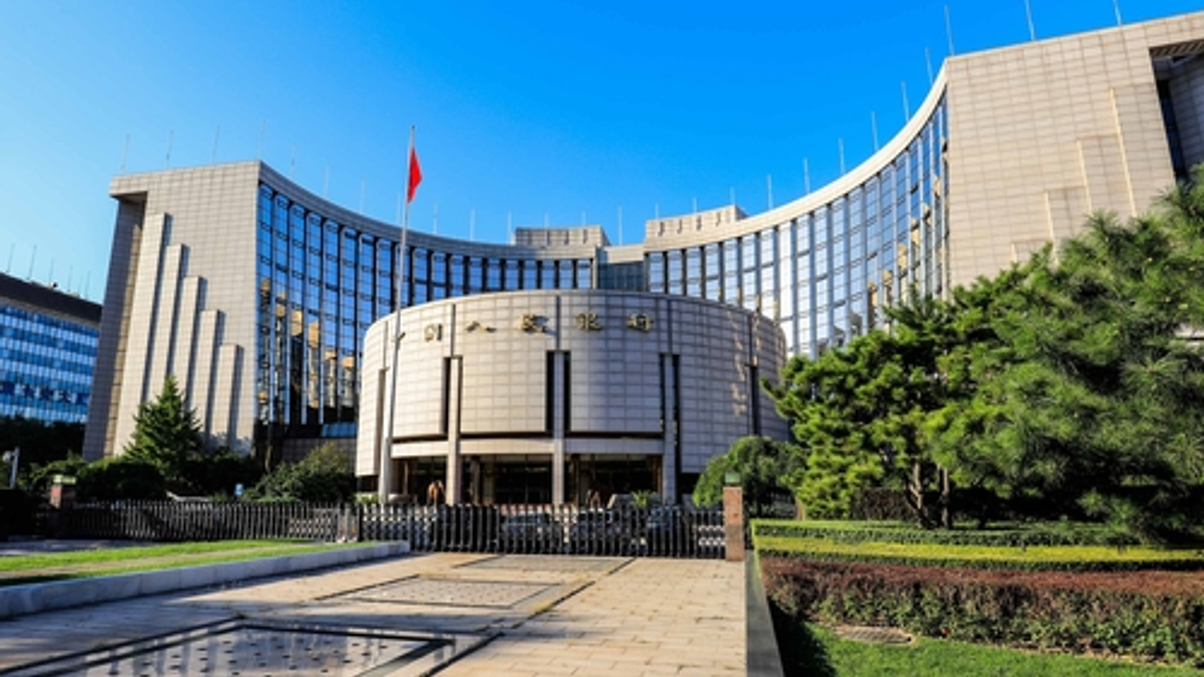PBoC unveils Bond Connect rules
China's central bank has clarified operational details of the market access scheme, through which Standard Chartered expects strong early trading in July.

China’s central bank has issued detailed guidelines on trading the China interbank bond market (CIBM) via Bond Connect – a move expected to boost investor confidence ahead of the go-live of the mutual market access scheme in July.
Sign in to read on!
Registered users get 2 free articles in 30 days.
Subscribers have full unlimited access to AsianInvestor
Not signed up? New users get 2 free articles per month, plus a 7-day unlimited free trial.
¬ Haymarket Media Limited. All rights reserved.


